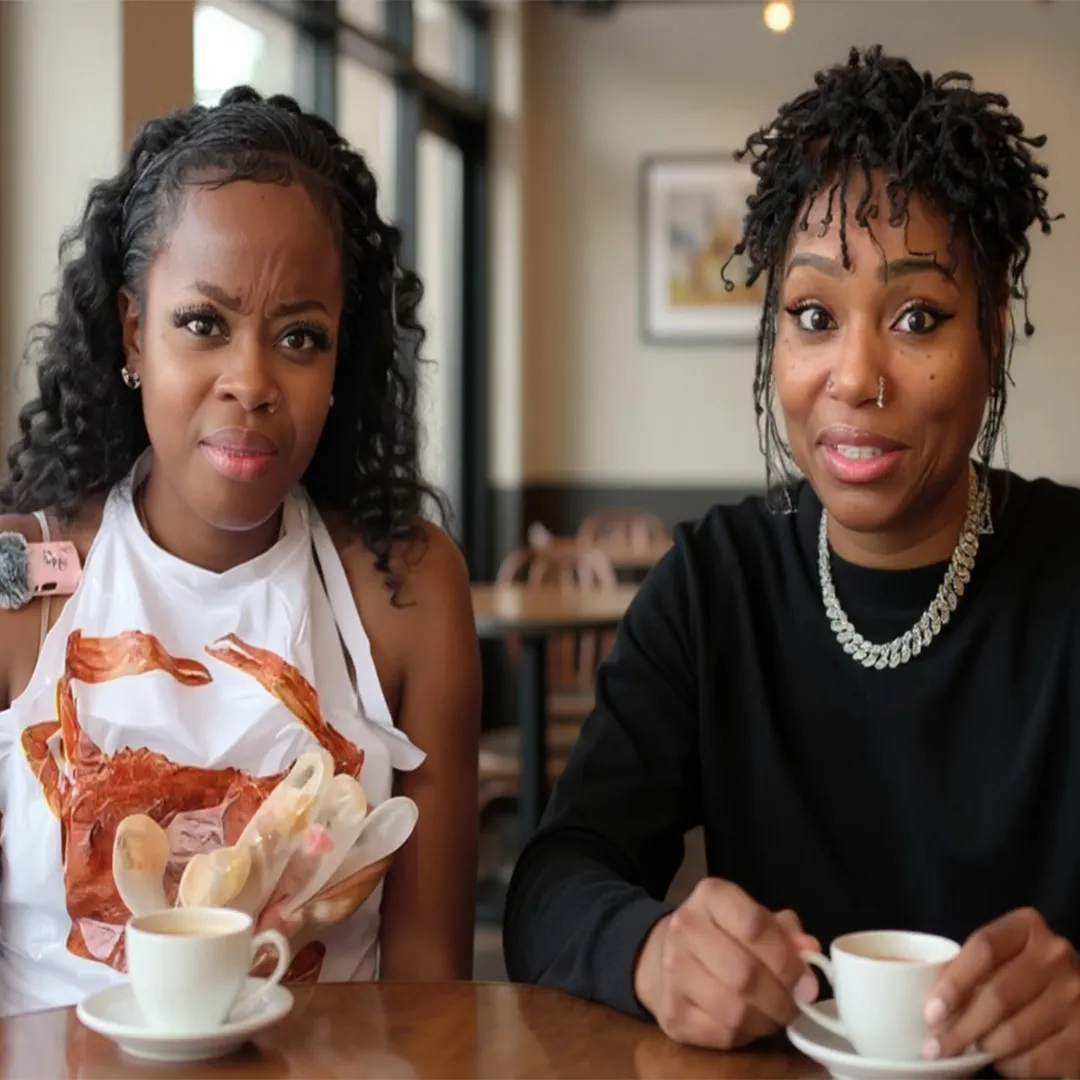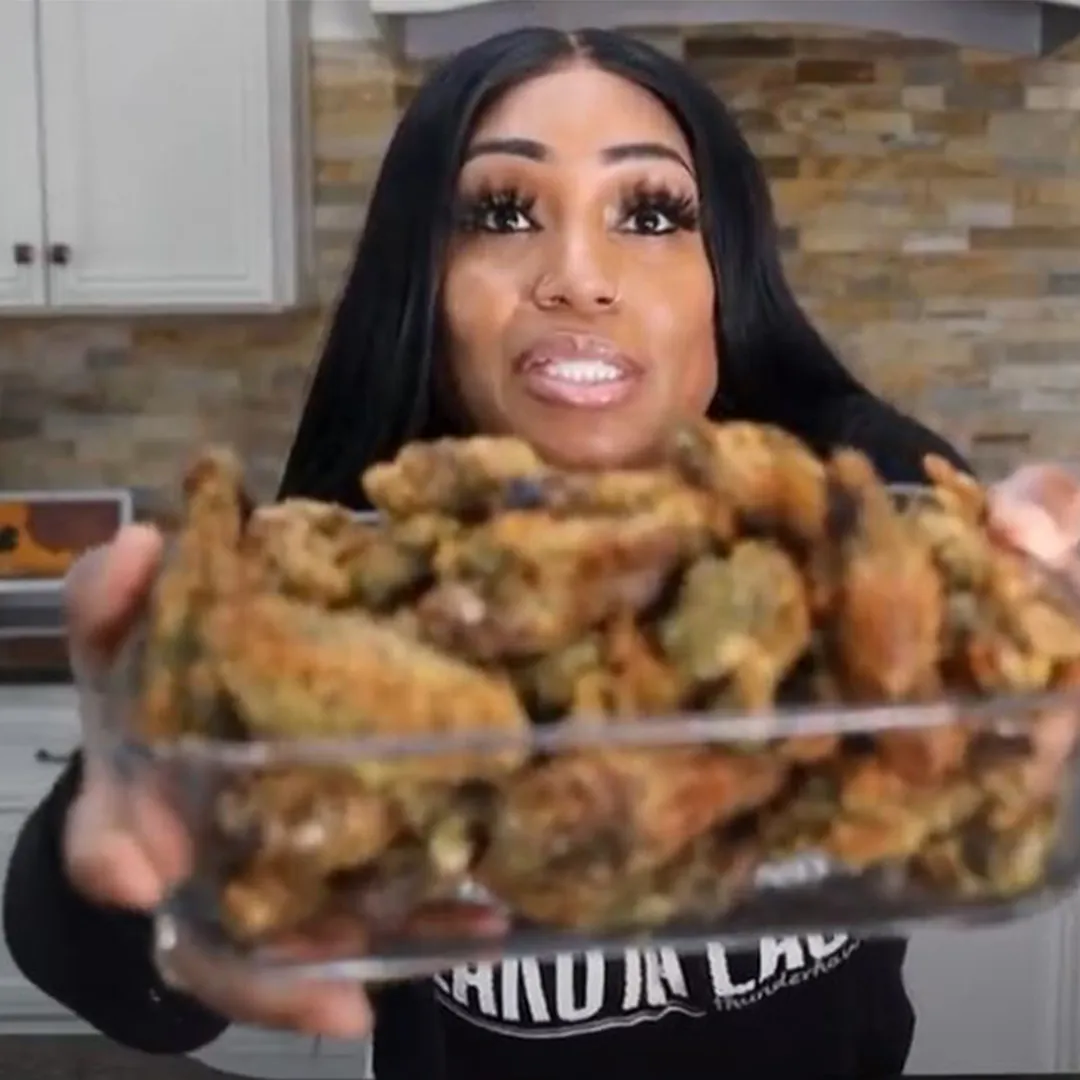Hi everyone,
Today I want to share something deeply personal and unexpectedly powerful—Wana’s response to the video I created about her family situation. What followed wasn’t just a reply—it was a journey of introspection, grace, and a reminder of how easily human connection can blur the lines between content and compassion.
(If you enjoyed this post and want to try out the same ingredients and tools I use, feel free to check them out below!
These are affiliate links, which means I earn a small commission at no extra cost to you. Thank you for supporting my work 💛
A Moment of Pause and Self-Awareness
Wana opened her response with an apology—not just to me, but to herself. She acknowledged that her initial reaction was driven by emotion rather than clarity. Instead of immediately posting her original reaction video, she chose to sit with her feelings, dissect her emotional response, and reflect. That moment of pause spoke volumes.
She admitted to reacting impulsively, forming opinions before fully watching the video. More importantly, she recognized that her reaction was rooted in assumptions—expectations she had quietly built over time.
The Silent Expectations We Place on Others
What stood out was Wana’s candid confession: despite never having spoken directly, she felt a personal connection with me. She had admired me since her early YouTube days, crediting my early support as a catalyst in her growth.
“There was this unspoken bond,” she said. “I was grateful for how she embraced my content and introduced me to her audience.”
Because of that early connection, Wana expected something more—something kinder, perhaps. But these expectations, unvoiced and internal, became the root of her disappointment.
The Complexity of Being Hurt by Someone You Admire
Wana shared that she understands how the internet works. When personal matters become public, they inevitably become content for others. But what hurt her deeply wasn’t the commentary—it was who was delivering it.
“Seeing her sipping tea while talking about my family felt like betrayal,” Wana expressed, “even though I know others have done the same. It just stung differently coming from someone I once admired.”
She explained that the public’s opinion often feels like background noise. But when it comes from someone whose voice once felt comforting, it can cut deeper.
The Reality Behind the Screens
In hindsight, Wana acknowledged that she had over-personalized the situation. She came to a difficult but honest realization: I don’t owe her anything. What was trauma to her was just another trending topic to many.
Yet, that acknowledgment didn’t come with bitterness. Instead, it came with maturity.
Her Thoughts on the Video
Wana admitted feeling surprised and somewhat dismissed when I referred to her only as “Wana Eats”—especially after I had previously mentioned her by name and shared her content. She had hoped to hear empathy or support—words like, “Let’s pray for her,” or “I hate that this happened.”
Instead, the tone she perceived felt more like gossip than concern.
Clarifying Her Relationship with Her Mom
She also opened up about her complicated bond with her mother. Describing it as emotionally complex, she likened it to a toxic romantic relationship—where you love someone, but the dynamic is hard to navigate or leave.
“The happy moments in our videos were real,” Wana said. “They weren’t staged. But pain and joy can coexist, and that’s hard for people to understand.”
Closing With Grace
Despite everything, Wana made it clear: there is no hate. No lingering resentment. Just a valuable life lesson. She now knows the importance of managing expectations and recognizing the boundaries of digital relationships.
“We’re not friends,” she concluded. “And that means she’s free to say whatever she wants. That’s okay.”
A Quiet, Beautiful Reminder
Wana’s reflection wasn’t just a reaction—it was a masterclass in emotional growth. In a world where hurt feelings are often weaponized, her ability to step back, reflect, and respond with grace is a reminder of how we can choose growth over outrage.
Her story invites all of us—creators and viewers alike—to ask ourselves: when we speak on someone’s pain, are we adding to it or honoring it?












